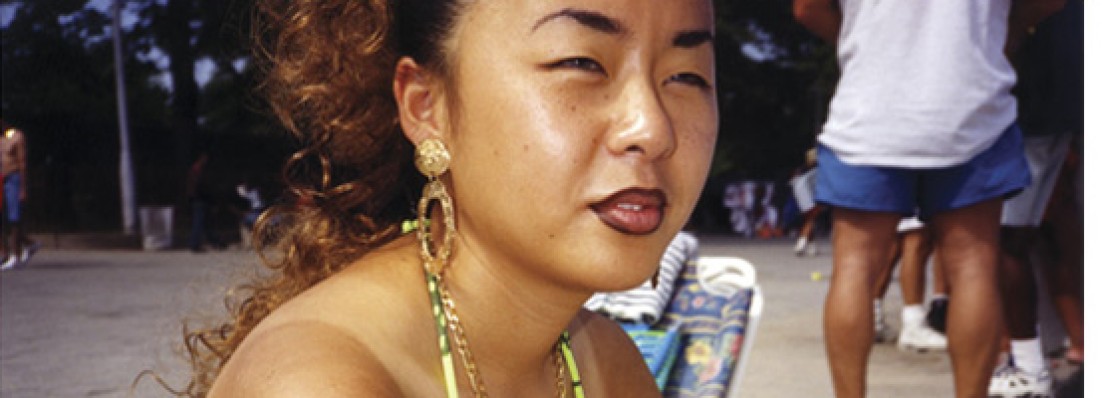There are 2 scenes that stuck out to me because of their connection of Imperialism. This topic is important and relevant because of U.S. action in the Vietnam War and the many critiques of the decisions of the government. Le applies these feelings of American influence in these two scenes.
On page 47, the narrator tells her mother that she wants to fly “like the people in the movies.” Her mother replies by telling her that they are being pulled by “invisible strings.” There is an image of a puppeteer controlling the Asian flyer. It may seem that they are elegant and achieving great things, but when analyzed deeper, they are in-fact being manipulated to seem that way.
This next example connects imperialism with capitalism. On page 27 (not sure if mentioned in Monday’s class as I was not there), the tears of Ba are described by the uncles as useless in this country. The tears are used as, “Just water for Mel’s lawn.” This image gives a good example of U.S. interest in foreign matters. Under the layers of promoting democracy for the world, America, like its activity in the Philippines, do have unseen desires from Asian countries. Through capitalism and imperialism, America plays the role of Mel, and uses Ba as fodder for his own benefit, as described by the uncles. Through the pain of Ba, Mel’s life is increased in quality.

